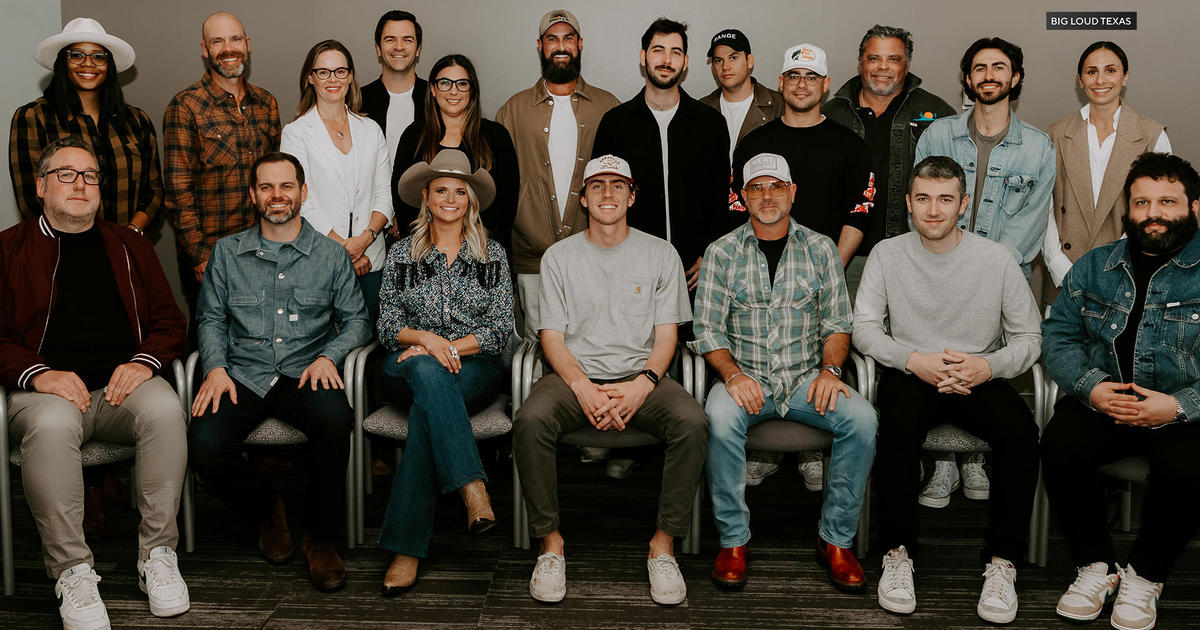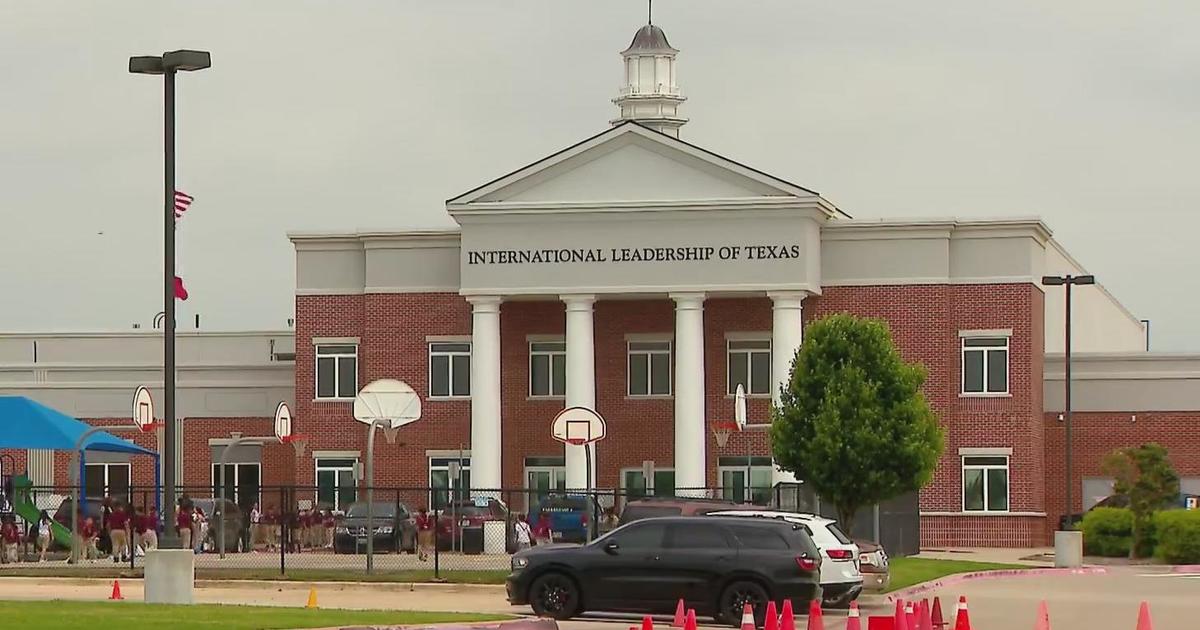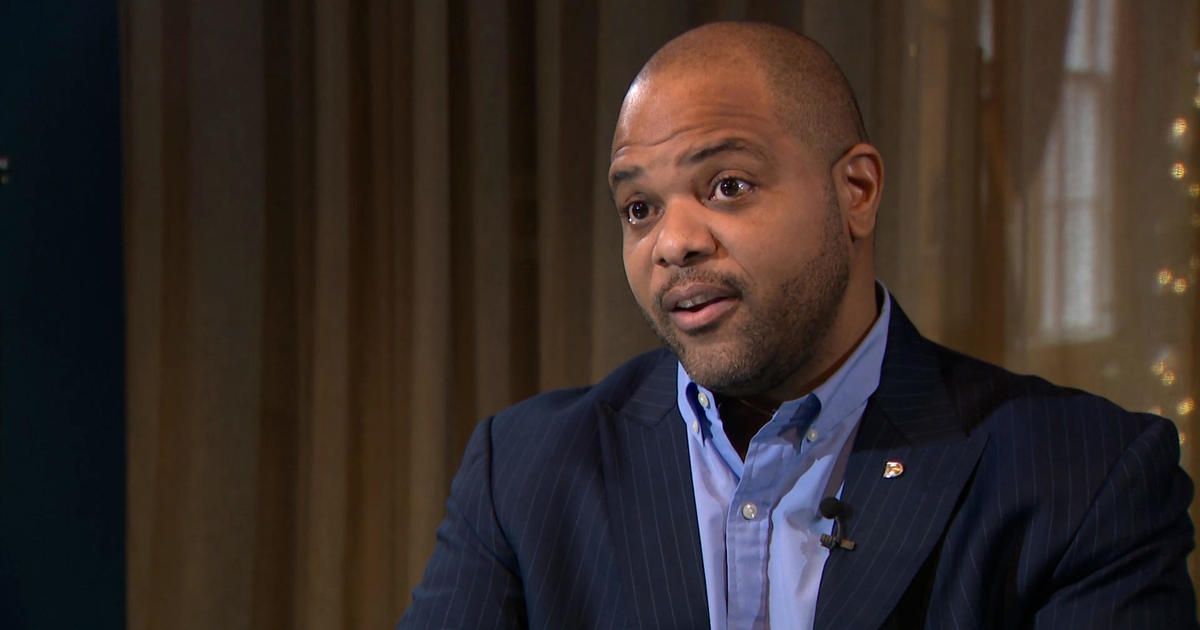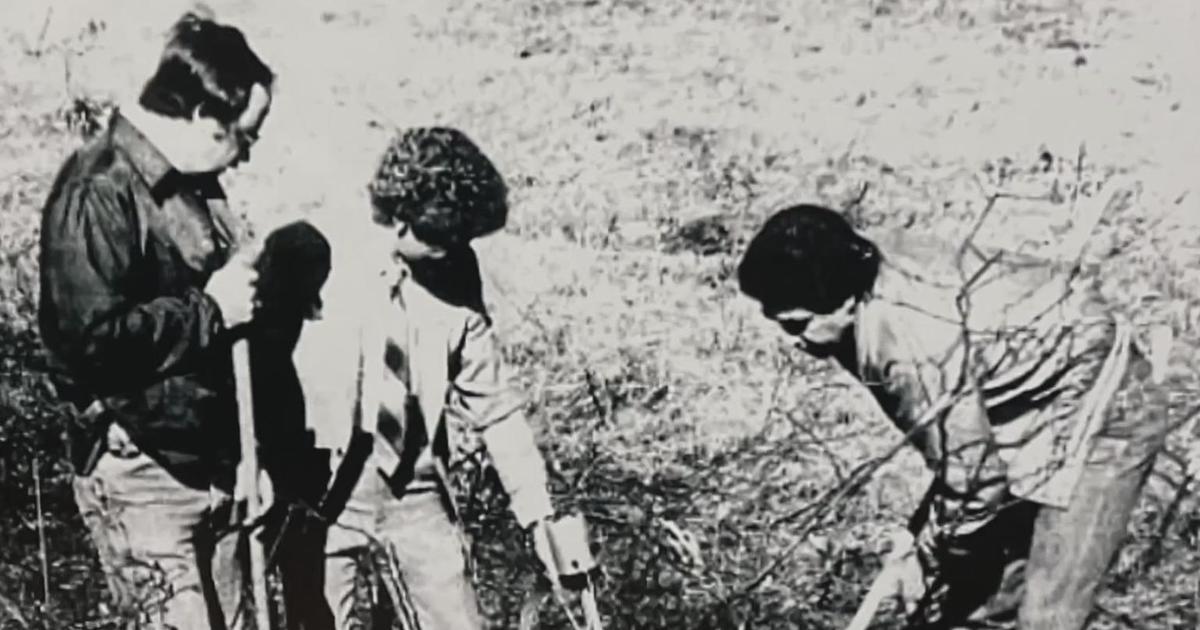I-Team: Cancer Patients Sue Roundup, Claim Ingredient Made Them Sick
A popular weed killer is the target of multiple cancer lawsuits. The lawsuits claim the active ingredient in Roundup, known as glyphosate, causes cancer.
"This is not about instilling fear in people," said plaintiff attorney Robin Greenwald of Weitz & Luxenberg. "But it is about people who have unfortunately fallen prey to Monsanto's weed killer and it's either killing them or causing them grave illness."
The only warning listed on a bottle of Roundup is that it may cause eye irritation. The State of California wants the warning to also include that it may cause cancer.
A report from International Agency for Research on Cancer (IARC) in 2015 found glyphosate is "probably carcinogenic to humans." IARC is a division of the World Health Organization (WHO).
Monsanto, the maker of Roundup, refutes IARC's report. The company told the CBS 11 I-Team IARC cherry-picked data to reach its finding and numerous other studies on glyphosate show no link between the herbicide and cancer.
"There is no medical evidence whatsoever that glyphosate causes cancer," said Monsanto Vice President Scott Partridge. "I regret that these plaintiff lawyers have pointed them in that direction."
Texas farmer blames Roundup for her rare cancer
Two years ago, doctors diagnosed Angie Dyer with a rare form of cancer - Double hit large B-cell non-Hodgkin lymphoma.
"I couldn't believe it," said the Navarro County resident. "I was devastated."
Intense chemotherapy has kept Dyer alive but it has taken a toll on her body. She now requires a cane to walk, cannot feel her feet, and her memory has deteriorated.
Dyer said she was forced to give up her nursing career of nearly twenty years.
"I was meant to be a nurse," she said. "Some people are born into a profession, that was me,"
Dyer has been in remission for more than a year but said her doctors told her the cancer would likely come back someday with "vengeance."
The hardest part, Dyer said, is she believes her cancer was preventable.
For a 22-year period while living on hay farms in Navarro County, Dyer said she frequently used Roundup.
Several times a week, she said she would fill-up a large tank and spray Roundup along the fence line of her property.
"At the time I didn't think much of it because it said it was safe," Dyer said.
Dyer is one of hundreds who are a part of one of the class action lawsuits filed against Monsanto.
Monsanto Vice President tells I-Team he's "confident" glyphosate is safe
On the campus of Monsanto's corporate headquarters just outside St. Louis, the company's vice president, Scott Partridge, told the CBS 11 I-Team IARC's 2015 finding, that glyphosate is a probable cause of cancer, goes against decades of research.
"Glyphosate has been around for about 40 years. It has a record of safe use over those four decades and has been the most studied agricultural chemical in history," Partridge said.
Monsanto's vice president said IARC "cherry-picked" data to reach its conclusion and openly questioned IARC's political motivation.
"It's not a study. It's an opinion," Partridge said. "It's purely an opinion by them (IARC) and is not supported by an empirical evidence what so ever."
This week Representative Lamar Smith, R-Texas, wrote the director of IRAC a letter questioning IRAC's "scientific integrity."
Smith, the Chairman of the Committee on Science, Space, and Technology, also wrote he may be calling on IARC-affiliated individuals to testify in front of the Committee.
Lawsuit claims Monsanto executive wrote about "ghostwriting" safety studies in email
The Environmental Protection Agency (EPA) originally classified glyphosate as a possible cause of cancer in 1985. The EPA changed its mind six years later reclassifying it as safe.
According to court documents, the plaintiffs' lawyers said the EPA's conclusion that glyphosate is safe only came "after pressure from Monsanto."
One lawsuit accuses the company of "ghostwriting" safety studies on glyphosate.
In an internal email the I-Team obtained from a court filing, one top executive from Monsanto wrote about "us doing the writing" and "they would just edit and sign their names".
When the I-Team asked Partridge if the email was an admission of "ghostwriting" safety studies, he said that would be an "inappropriate way to refer to the work that was done," adding that it was a poorly worded email.
After reviewing 200 studies, EPA concludes glyphosate is not a cause of cancer
In a 2013 letter, submitted as evidence to the court, a former EPA scientist of 30 years wrote, "it is essentially certain that glyphosate causes cancer"
That scientist, who was sick and dying at the time, went on to write, "I don't want these serious issues ... to go unaddressed before I go to my grave"
The EPA told the I-Team it looked carefully at the letter but after reviewing 200 studies concludes glyphosate is not a cause of cancer.
The EPA is currently reevaluating the safety of glyphosate. This re-evaluation process occurs every 15 years and is mandated by federal law.
It plans to complete its risk assessment by early 2018.
The EPA said the reevaluation process is routine and was not influenced by recent lawsuits against Monsanto.



